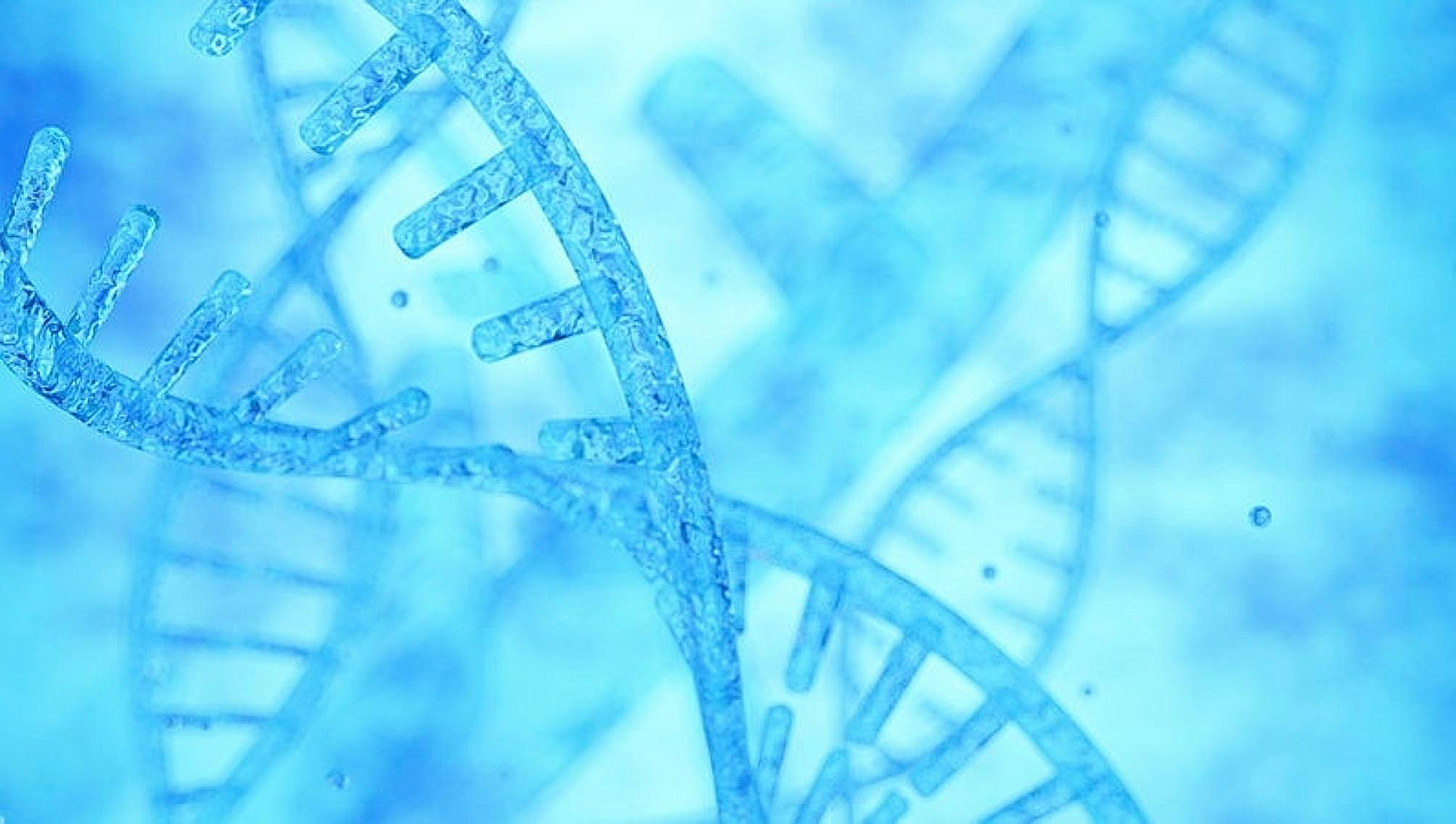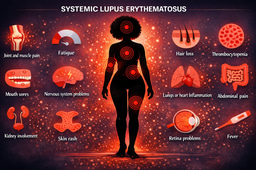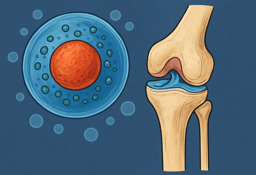National DNA Day Q&A with Hereditas' Editor-in-Chief
Published in Cancer, Protocols & Methods, and Sustainability

Explore the Research

Editorial: Celebration of DNA Day - Hereditas
Hereditas volume 161, Article number: 16 (2024) Cite this article

Dr. Ramin Massoumi earned his PhD at Lund University, Sweden, where he investigated the role of inflammation in colon cancer development, and then pursued postdoctoral research at the Max Planck Institute for Biochemistry in Germany, focusing on genetic changes and signalling involved in various types of skin cancer. His research group now centres on cancer biology and the development of novel anticancer drugs. Dr. Massoumi has received prestigious awards, including grants from the European Research Council and Novo Nordisk, and is the founder of IVRS. He also serves on multiple editorial boards and has been Editor-in-Chief of Hereditas since 2024.
- Please tell us about yourself, and your role in the journal Hereditas. How does your research relate to the celebration of National DNA Day?
My name is Ramin Massoumi, Prof. in Molecular Oncology and the Editor-in-Chief of Hereditas, one of the pioneering journals in genetics. My research focuses on uncovering how genetic changes in DNA contribute to the development of diseases such as cancer. In our research, we use animal models to simulate DNA alterations, which helps us understand how cancer develops and identify new therapeutic targets. This work is directly tied to DNA Day, as it underscores the profound impact that genetic research has on improving human health and fostering innovation in medical research.
- What does DNA Day celebrate, and why is it so important?
In my opinion, DNA Day celebrates two monumental milestones: the discovery of the DNA double helix and the completion of the Human Genome Project. These achievements have revolutionised our understanding of life and disease. For researchers, DNA Day serves as a powerful reminder of the strides made in deciphering how genetic mutations lead to diseases such as cancer, and it inspires continued efforts to translate these insights into effective therapies.
- What are some of the most exciting recent developments in DNA research?
Recent developments in DNA research are truly groundbreaking. Two particularly exciting advances include CRISPR and gene editing, which allows for precise modifications of genes, opening promising avenues for treating genetic diseases, including cancer. Liquid biopsy is another recent development that allows for minimally invasive tests to detect cancer by analysing DNA fragments released by tumours in the bloodstream, enabling early diagnosis and improved monitoring of disease progression.
- What role does DNA research play in current medical advancements?
DNA research is central to modern medicine. It drives the development of precision medicine and allows treatments to be tailored to an individual’s genetic profile. In oncology, genetic screening facilitates the early detection of cancers before symptoms arise and understanding the genetic mutations behind tumour development leads to the creation of targeted therapies. Moreover, advancements in gene therapy can correct inherited oncology disorders by addressing their genetic root causes.
- How does DNA Day help the public understand genetics and molecular biology?
DNA Day bridges the gap between complex scientific research and everyday understanding. It provides an opportunity to explain how our DNA not only defines who we are but also plays a critical role in the development of diseases such as cancer. By explaining concepts such as gene mutations and personalised medicine, DNA Day empowers the public to make informed health decisions and builds trust in the advancements of genetic science.
- What are some of the key ethical considerations in DNA research?
There are many key ethical considerations in DNA research. Protecting genetic privacy, ensuring informed consent for genetic testing, and providing equitable access to emerging genetic therapies are a few examples. As we develop transformative technologies and gene editing, it is crucial to address the implications of germline modifications to ensure that the benefits of these innovations are shared fairly and responsibly.
- How can Early Careers Researchers and students get involved in DNA Day activities?
Young researchers and students have a variety of ways to engage with DNA Day. Participating in school or university events, hosting public seminars, or creating accessible content on social media that explains genetic concepts in simple terms are a few examples. Involvement in science projects or visiting research labs can also spark inspiration and open doors to exciting career opportunities in genetics and biomedical research.
- How do you see the future of DNA research unfolding in the next 10-20 years?
Over the next two decades, I envision DNA research transforming healthcare in several ways. Personalised medicine will become the standard of care, tailoring treatments to everyone’s genetic profile. Gene-editing technologies like CRISPR are expected to expand from addressing rare diseases to tackling common conditions such as cancer, heart disease, and neurodegenerative disorders. Additionally, the integration of DNA data into everyday healthcare with the help of artificial intelligence will revolutionise diagnostics and treatment, making genetic insights an integral part of medical decision-making.
- What message would you want to convey to people about the importance of DNA and genetics in their everyday lives?
Genetics is not just the realm of scientists; it is an essential component of everyday healthcare. From routine cancer screening to personalised treatment plans, our understanding of DNA directly influences how we prevent and treat disease. The future of medicine is inherently genetic, and by deepening our knowledge of genetics, we can improve health outcomes and enhance the quality of life for everyone.
- Finally, what do you want to say to all our editors, board members, reviewers, researchers, authors, publishers and the general public on DNA Day?
Every cell in your body holds a unique genetic story, and DNA Day is a celebration of the remarkable science that allows us to read and understand that story. It reminds us that every genetic detail contributes to the broader narrative of human health and disease, inspiring us to appreciate and harness the power of our genetic heritage for a better future.
Poster image: © [M] ktsdesign / Stock.adobe.com
Interview created, formatted, and edited by India Sapsed-Foster, Associate Publisher, with special thanks to Ramin Massoumi for his contributions and valuable insights into the role of DNA in cancer research.
Follow the Topic
-
Hereditas

Hereditas publishes original cutting-edge research and reviews. The journal welcomes research from across all areas of human, plant, animal and microbial genetics and epigenetics. Topics of interest also include cancer genetics, cancer biology, non-coding RNA, Data Mining, and Genome Technology.





Please sign in or register for FREE
If you are a registered user on Research Communities by Springer Nature, please sign in